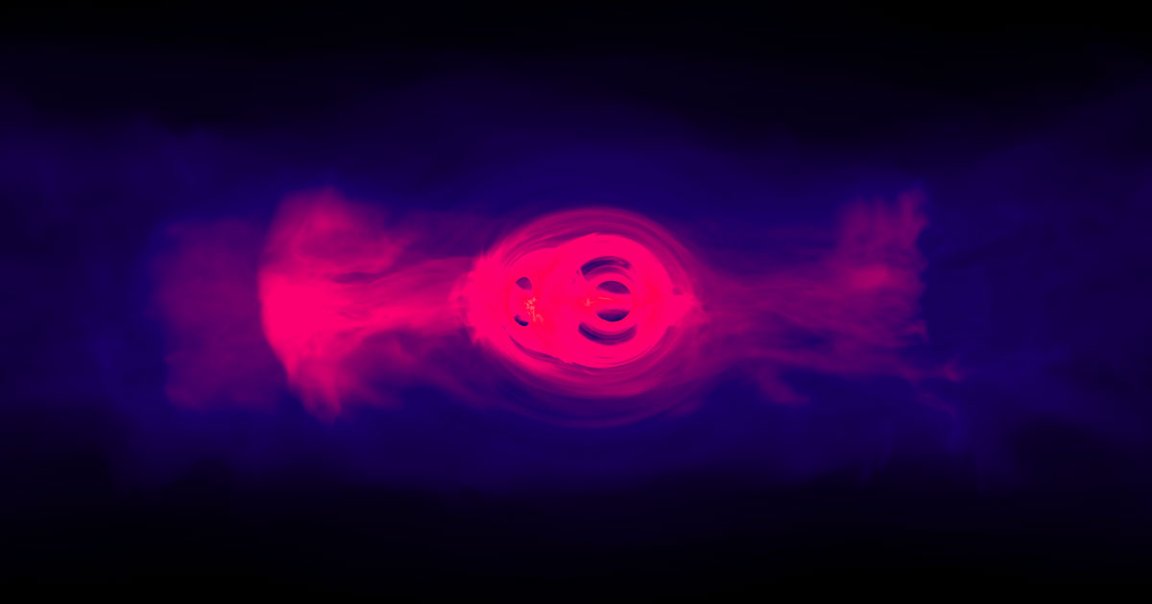
In the Zone
In the hunt for alien life, scientists often focus on the “Goldilocks zone,” the region around a star where the temperature would be just right for liquid water to exist on an orbiting planet’s surface.
But now, a team from Harvard University is suggesting there’s another kind of Goldilocks zone we should consider in our hunt for alien life — and instead of having a star at its center, it has a supermassive black hole.
Radiation Revisited
Supermassive black holes are surrounded by swirling disks of gas and dust called active galactic nuclei (AGN). These disks emit incredible amounts of radiation and light, and many researchers assume this radiation would destroy the atmospheres of any nearby planets, creating a “dead zone” around the black hole.
But now, the researchers behind this new Harvard study, which was published in the Astrophysical Journal, are challenging that assumption.
“People have mostly been talking about the detrimental effects [of black holes],” researcher Manasvi Lingam told Live Science. “We wanted to reexamine how detrimental [the radiation] is… and ask ourselves if there were any positives.”
Galactic Goldilocks
To do that, the researchers created computer models of AGNs. Using them, they were able to identify “galactic Goldilocks zones” surrounding black holes.
If positioned within this region, they write in their study, a planet’s atmosphere would remain intact, while the AGN’s radiation could break its molecules into life-supporting compounds.
The light from the AGN, meanwhile, could facilitate photosynthesis.
Glass Half Full
The team also revisited the assumed negative effects of AGN radiation on a nearby planet and concluded that they’ve been greatly exaggerated.
While previous studies suggested that the damaging effects of a black hole the size of the Milky Way’s Sagittarius A* would strip away the atmosphere of any Earth-like planet within 3,200 light-years, they think the damage would end at a distance of just 100 light-years.
“Looking at what we know about Earth, it does suggest that maybe the positive effects seem to be extended over a larger region than the negative effects,” Lingam told Live Science. “That was definitely surprising.”
READ MORE: Voracious Black Holes Could Feed Alien Life on Rogue Worlds [Live Science]
More on black holes: Here’s What’s Keeping the Milky Way’s Giant Black Hole at Bay